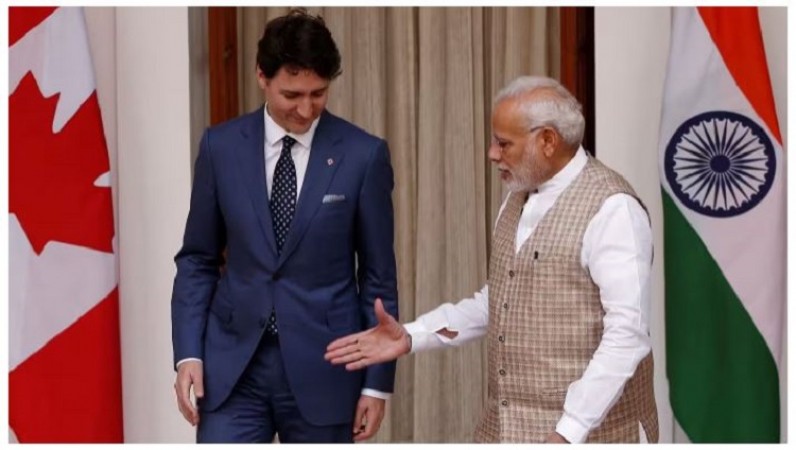
Canada's diplomatic presence in India has seen a significant reduction, with 41 diplomats being withdrawn, leaving just 21 Canadian diplomats remaining. This move, confirmed by Canada's Foreign Affairs Minister Melanie Joly, is the result of a brewing diplomatic dispute between the two nations, triggered by the assassination of a Sikh separatist in British Columbia.
The dispute began in mid-September when Canadian Prime Minister Justin Trudeau made startling allegations of Indian involvement in the killing of Hardeep Singh Nijjar, a proponent of an independent Sikh state known as Khalistan. These allegations led to a souring of relations, as India vehemently denied any involvement and considered Nijjar a terrorist. As a retaliatory measure, India ceased visa services for Canadians worldwide.
Melanie Joly reported that India had officially communicated its intention to unilaterally revoke diplomatic immunities for all but 21 Canadian diplomats and their dependents in Delhi, effective on October 20. This action would have jeopardized the safety of 41 Canadian diplomats and 42 of their dependents. In response, Canada facilitated their safe departure from India.
From the very beginning of this dispute, India had insisted on parity in the strength and rank of their respective diplomatic missions. Arindam Bagchi, a spokesman for the Indian Ministry of External Affairs, had emphasized this point on September 21. The numerical disparity in the diplomatic representation of the two countries had been a sticking point, which eventually led to the withdrawal of Canadian diplomats.
This episode further strained the already tenuous relationship between India and Canada, primarily driven by India's perception of Canada's leniency toward Sikh separatists within its borders. Canada had long been home to a Sikh diaspora community of approximately 800,000 individuals. The exact evidence that led to Trudeau's accusations remains undisclosed, but it is widely believed that intelligence shared among the Five Eyes alliance – comprising the U.S., U.K., Canada, Australia, and New Zealand – played a significant role in the Canadian Prime Minister's actions.
Indian External Affairs Minister S. Jaishankar expressed that the actions Canada alleged were not reflective of the Indian government's policy. He reiterated India's willingness to cooperate if Canada could provide specific and relevant information to support its claims.
With the removal of Canadian diplomats, Canadian Immigration Minister Marc Miller expressed concern over the impact on immigration services in India. He anticipated that processing times would inevitably be affected by what he called an "unacceptable and unilateral decision by the Government of India." Nevertheless, he pledged to minimize the disruption for individuals seeking to immigrate to Canada.
Canada Issues Updated Travel Advisory for India Amid Rising Tensions
Canada Missing from G20 Speakers' Summit Amid Trudeau-Nijjar Fallout?
Canada withdrew majority of its diplomatic staff from India, Details Inside